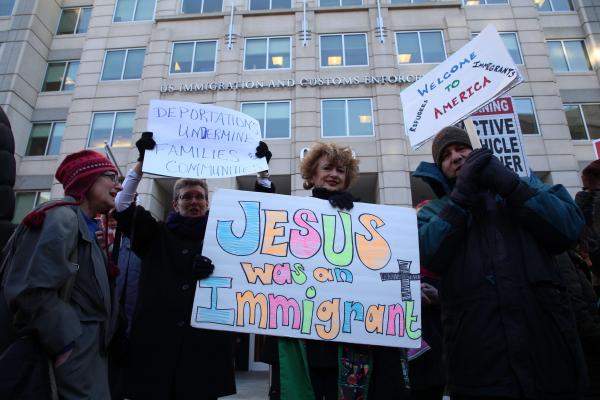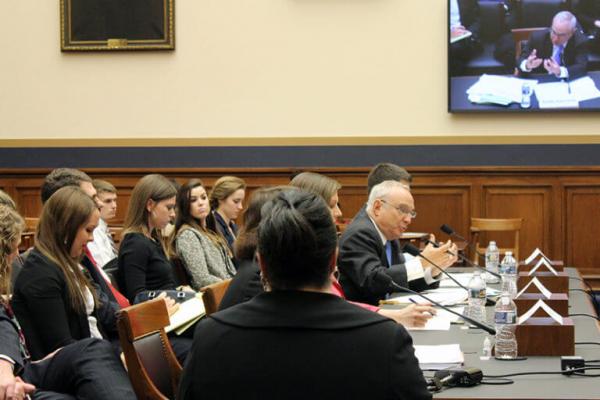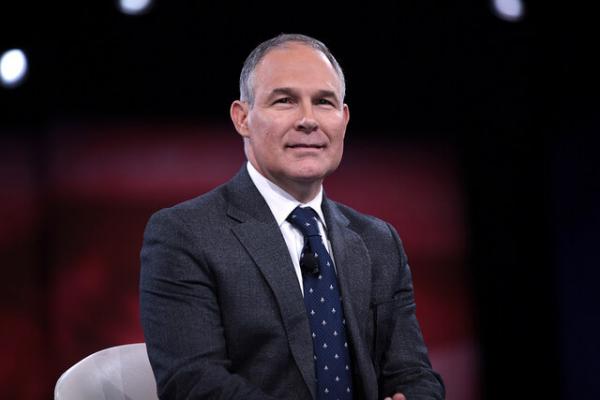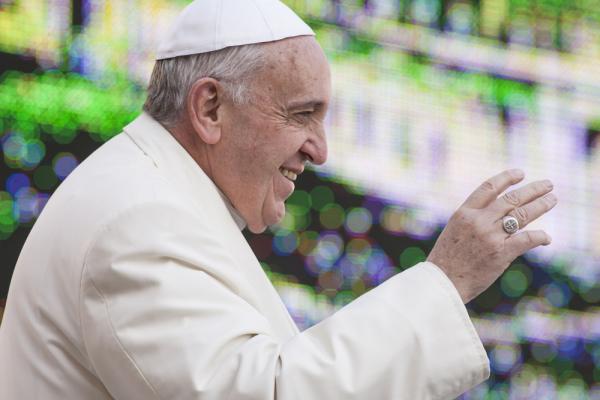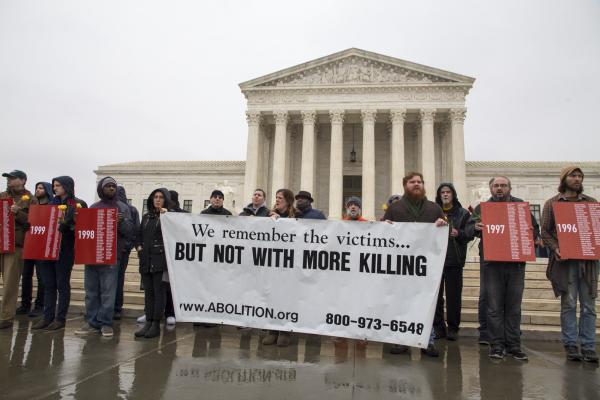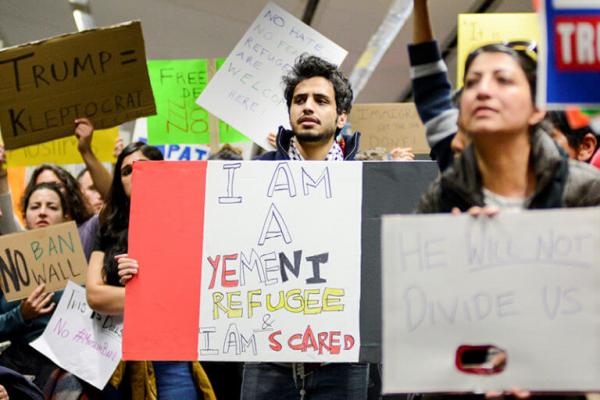“The practices of Immigration and Customs Enforcement right now are not in line with who we say we are as a government and a country,” Kumpf said. “What they did was legally on the line of violating the Sensitive Locations Memo. That’s extraordinarily morally reprehensible.”
Drafted in 2011, the Sensitive Locations Memo places restrictions on ICE enforcement in sensitive locations such as schools, places of worship, and hospitals. Many at the gathering felt that the sensitive lines of sanctuary were crossed on the morning of the Feb 8.
The former U.S. religious freedom ambassador told a congressional subcommittee that leaked language of a proposed presidential executive order on religious liberty could cause “constitutional problems.”
“I think it raises very serious equal protection issues,” said Rabbi David Saperstein, who recently ended his tenure at the U.S. State Department.
On Feb. 17, by a 52-46 vote, the U.S. Senate confirmed Scott Pruitt as the administrator of the Environmental Protection Agency. Pruitt’s nomination by President Donald Trump to head the agency was decried by many as soon as it was announced, due to Pruitt’s history of opposition to the standards of the agency he now leads; Pruitt even sued the EPA 14 times.
Since the election of President Donald Trump, many Christians are asking: How could so many Christ-followers agree with actions that are so decisively un-Christlike? Many Christians are struggling to understand how two things that are diametrically opposed to one another — Trump’s policies versus following the gospel of Christ — can be possibly reconciled.
One year ago, Pope Francis visited the Mexican-U.S. border and prayed for migrants who have lost their lives seeking refuge in our country. His prayer transcended the dusty fences and united two countries in a silent cry for mercy on behalf of our brothers and sisters who died on their journey.
1. The Lasting Trauma of Japanese American Incarceration
Sunday marks 75 years since the signing of Executive Order 9066, which led to the mass incarceration of tens of thousands of Japanese Americans. A look back, and lessons for today.
2. The Ancient City ISIS Is Destroying, Preserved Online
A new digital exhibition, “The Legacy of Ancient Palmyra,” features prints and photographs from the pre-Islamic metropolis.
3. Trump Says He Wants to Prioritize Christian Refugees. Middle Eastern Christians in the U.S. Respond.
The reaction to Trump’s statements among Assyrians living in the U.S. is far from uniform.
We resisted — and we still face the possibility of jail time, fines, and community service. Here are a few of the lessons I’ve learned planning events like this one over the years. I hope you can use them as you continue to resist unjust policies.
Despite President Trump’s threat of a “Muslim ban” during the 2016 campaign, Hadil Mansoor Al-Mowafak, a 20-year-old international affairs student at Stanford University, was taken aback when he banned travel from seven Muslim countries, including Yemen, where her husband lives.
“I didn’t think it was even possible,” Al-Mowafak said. “I thought he just used the Muslim ban during his campaign, and once he took power he’d face reality.”
On Feb. 19, 1942, President Franklin D. Roosevelt empowered military commanders to execute the “forced evacuation” of anyone with Japanese ancestry from the West Coast of the United States. This order set in motion a mass incarceration that would sweep tens of thousands of people, most of them American citizens, into concentration camps throughout the country’s inland regions.
Cherian George: "One of the bitter ironies is that the extreme right the world around, although they may detest each other, are remarkably similar in the way they operate and in their world views. They believe in a certain purity of identity. They often use similar tactics."
